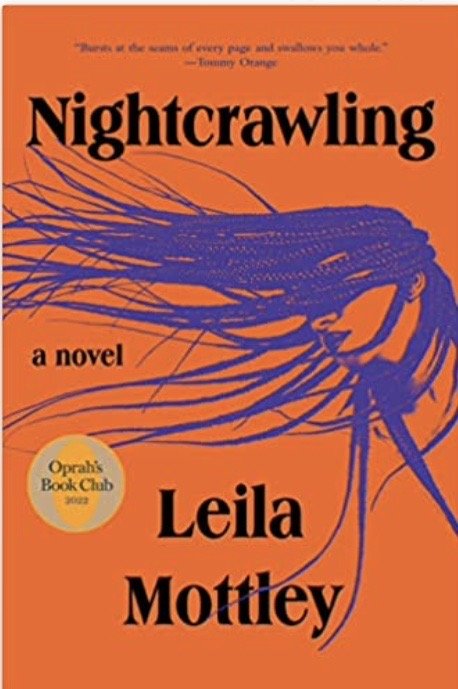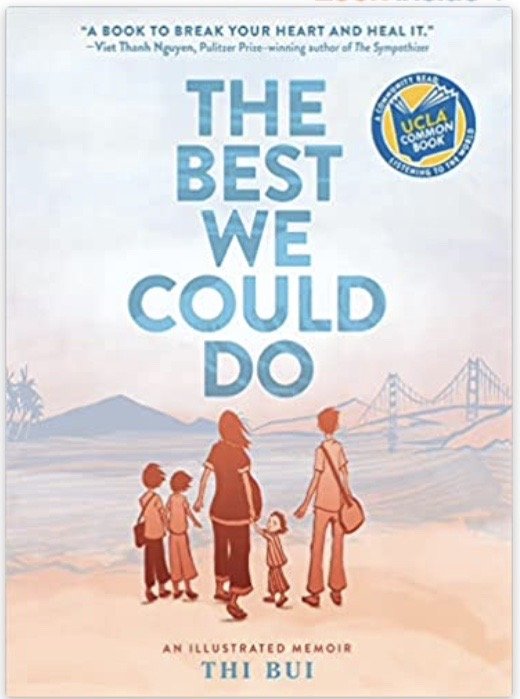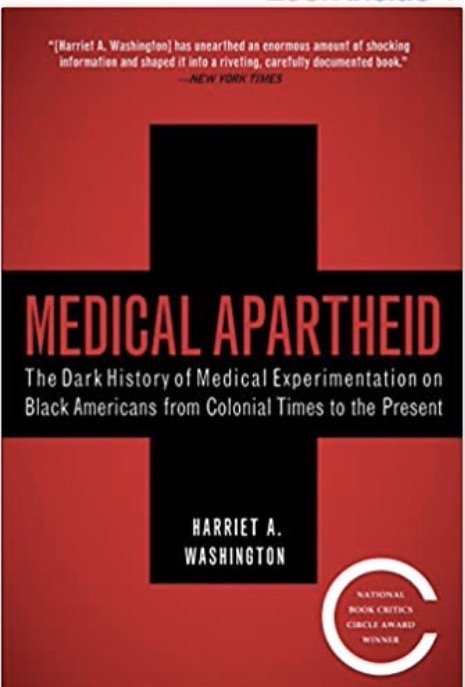Book Club Guides
Intro statement for all book club discussions:
“We understand that we may have some uncomfortable discussions and we want to reassure that this is a safe space to share ideas. In addition, we want to push ourselves to get into these uncomfortable discussions in order to affect change and to improve our self-awareness about our own biases and mitigate them. We ask this question at the beginning of all our book club sessions:
How do you see your own racism or unconscious bias mirrored in these stories or your clinical practice? How has reading this book influenced how you practice medicine or how you take care of your patients?”
The Seed Keeper
What surprised you about the book?
What would reconciliation or reparations look like for the Native American community?
While we inherit a past legacy from those who came before us, we each get to choose the way we allow that legacy to influence how we conduct our lives. Can we glean lessons on reconciliation, with others and with the earth, from the characters and their relationships as described in this book?
How does each character work on reconnecting/ reconciliation/ healing?
Nightcrawling
In the absence of parental figures, Kiara must piece together her own family, reflecting, “Mama used to tell me that blood is everything, but I think we’re all out here unlearning that sentiment, scraping our knees and asking strangers to patch us back up” (page 32). Does Kiara succeed in creating her own chosen family?
On page 82, Kiara reflects, “Houses give away all their secrets at the door. Dee’s is full of scratches. Mine doesn’t have a working lock no more.” Do you see symbolism in Kiara’s unlocked door? Over the course of her story, how does she attempt to find and/or create safety for herself and Trevor?
Compare Kiara’s father’s experiences with the Oakland Police Department as a Black Panther to those of Kiara and the sex workers she encounters. In what ways are their experiences similar and in what ways are they different?
Despite their strained relationships with their mother and father, do Kiara and Marcus inherit any of the behaviors and personalities of their parents?
Describe your impressions of Marsha and the development of her relationship with Kiara. What steps must Marsha take to gain her trust? In what ways can Marsha see Kiara, and in what ways is she blind to her experiences?
What can we do differently in medical practice to gain patients’ trust who are not racially, culturally and linguistically concordant to us?
Invisible Child: Poverty, Survival and Hope in an American City
There are a lot of errors that ACS/CPS blatantly committed in this book filled with bias. We don’t feel like that will be as productive of a conversation so we wanted to shift to how we change our practice based on this book?
Tell us about a CPS report that you have struggled with submitting.
What does it look like to inherit generational trauma?
What are some of the resilience that you saw in the book?
Difference between poverty and neglect?
What did we learn about the system of CPS removal and its prevention from reading this book?
The Best We Could Do
How does this book and poignant story impact your practice? In your interactions with Vietnamese families? In your interactions with other immigrant and refugee families you meet as a medical provider?
Discuss your understanding of the characters’ process of US immigration and how it impacts their health, passing trauma on to the next generation of children, potential dynamics/interactions in clinic, and around medical decision making (ie vaccines).
How the Other Half Eats
How will you change how you counsel patients in regards to food/nutrition and feeding their families?
What unconscious bias did you hold or discover as you were reading this book, or when discussing food/ nutrition and parenting with caregivers in your practice?
Medical Apartheid
After reading this book, how has it influenced or changed your understanding of distrust in the medical system within the African Ancestry community? What chapter struck you most powerfully?
Over the last year, in light of COVID and America’s racial reckoning, how have you changed your interactions with African Ancestry patients in clinical settings?
How can we create educational and clinical environments where we recognize and call out ethical violations and avoid becoming blind to the breech?
How will you change your medical practice to better serve your African Ancestry patients after reading this book? What are some tangible ways we can transform our healthcare systems to address the longstanding racism within?






